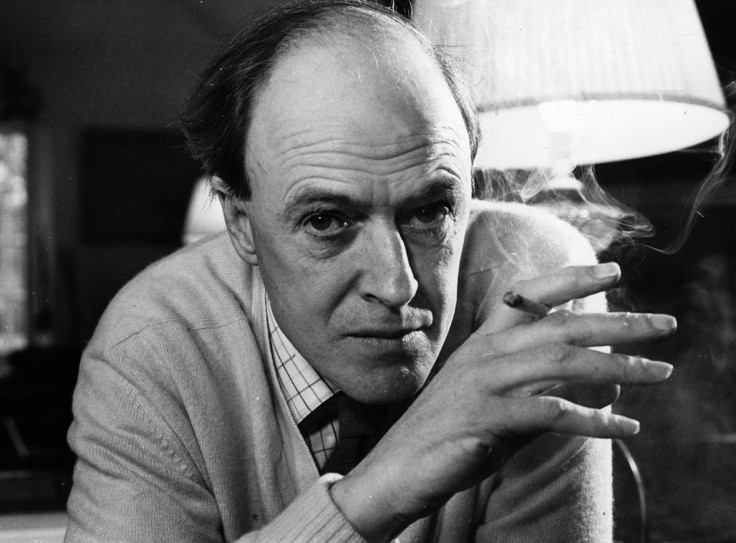Roald Dahl kept sharpening pencils in his shed to avoid writing
It's Roald Dahl Day 2017: "A little nonsense now and then, is cherished by the wisest men."
Roald Dahl wasn't immune to writer's block. But he had a unique way of dealing with his nerves and procrastinating. In a 1979 interview with Thames Television's "The English Programme", the man behind James and the Giant Peach and Matilda revealed he would use what he called "delay tactics" to stall himself from starting writing.
He described it as the "awful process of 'I don't want to begin work because I'm frightened that I won't be able to think of anything new." So in order to avoid his fear, Dahl would sharpen pencils. He would methodically begin with a complete set of six pencils and sharpen them with a fancy Japanese electric pencil sharpener. "Then I always decide they are not sharp enough," he goes on.
He would then have to sharpen a knife on a little stone, measuring about 3 inches, before using it to further sharpen the pencil, to the point that they would break if he tried writing with them later on.
Once done with the pencils, he would move on to something else. Still determined not to work, he would sweep the remains of his sharpening extravaganza off his green desk.
Thankfully for readers everywhere, when he finally started writing, Dahl could come up with the most beautiful, incredible coming of age tales. And he created 39 works in all, spanning novels, poetry collections, and screenplays.
But while Dahl the writer is adored for his fruitful imagination, Dahl the man is a complicated, controversial figure. And the world is reminded of both his work and his personality every 13 September, the anniversary of his birth in 1916 and what is celebrated as Roald Dahl Day.
The acclaimed writer, who died in 1990 aged 74, fathered as many controversies as literary works. His own daughter, Tessa, accused him of being a selfish father. She once said: "Daddy gave joy to millions of children. But I was dying inside."
Dahl was also, by his own admission, anti-Semitic. He publicly expressed his contempt for Jews on more than one occasion. When Dahl died in 1990, the Head of the Anti-Defamation league - which worked to stop the vilification of Jews wrote to the Editor of the New York Times. His letter read: "Praise for Mr Dahl as a writer must not obscure the fact that he was also a bigot."
Jeremy Treglown, literary historian who penned an unauthorised biography of Dahl put it best: "Many people loved him and had reason to be grateful to him; many – some of them the same people – frankly detested him."

© Copyright IBTimes 2025. All rights reserved.






















